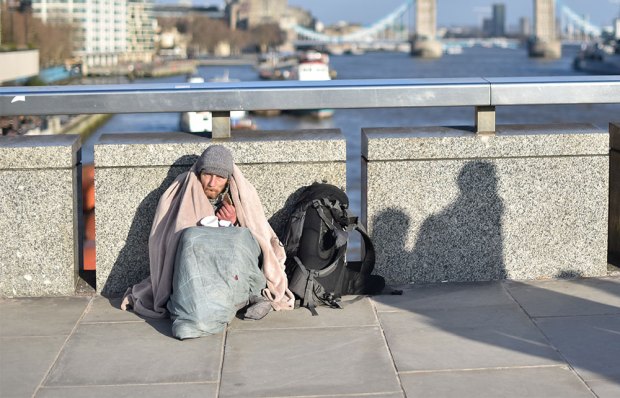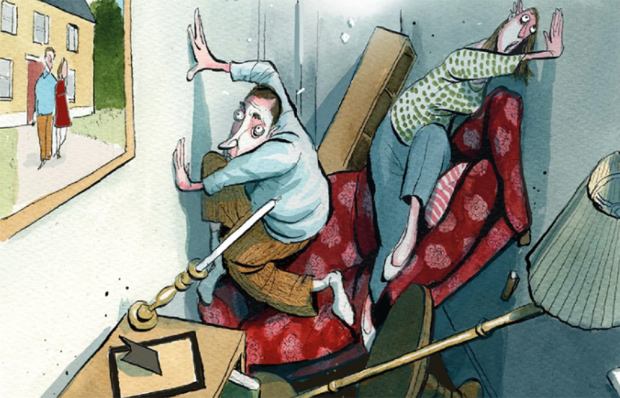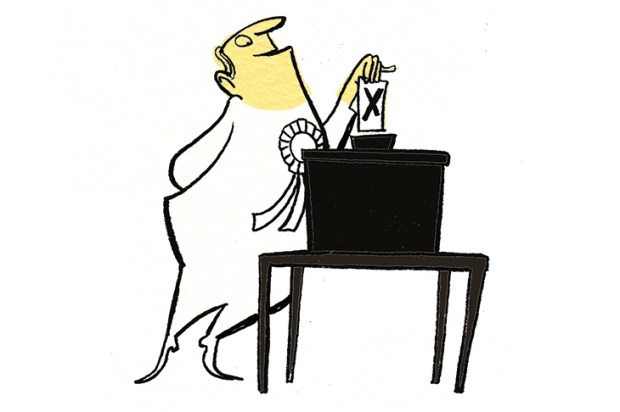Any answers?
Nigel Farage accused the audience in the BBC opposition leaders’ debate of being left-wing. Need insulting an audience destroy a political career?
— Former US Vice President Dan Quayle did it on a number of occasions, telling an audience of American Samoans in 1989: ‘You all look like happy campers to me.’ Two years later he upset the American Bar Association by asking: ‘Does America really need 70% of the world’s lawyers?’
— Current US Vice President Joe Biden told a crowd in Wisconsin in 2010: ‘You’re the dullest audience I’ve ever spoken to.’
— Nigel Farage has done it before. In December he said to Russell Brand of a heckler in a Question Time audience: ‘These are your voters … lovely people’.
Scottish prudence
Nicola Sturgeon said she wanted an end to austerity. How is the SNP getting on with balancing the books in Scotland?
— In 2013/14 public expenditure in Scotland was £66.4bn, £12,500 a head.
— Onshore revenue was £50bn, or £9,400 a head. With a geographical share of North Sea revenue, it reaches £54bn.
— Excluding North Sea revenue, Scotland’s deficit was 12.2% of GDP. With this included, it falls to 8.1% of GDP.
— The budget deficit for the UK as a whole was 5.6% of GDP.
Source: Government Expenditure and Revenue Scotland
Charity begins at home
Jane Ashcroft, chief executive of the Anchor Trust housing association, was revealed to have been paid £420,000 last year. Four charities who pay more:
| TOP-PAID STAFF MEMBER IN LATEST ACCOUNTS | |
| London Clinic | £850,000–£860,000 |
| Nuffield Health | £770,000–£780,000 |
| Wellcome Trust | £590,000–£600,000 |
| Royal Opera House | £566,000 |
Source: www.thirdsector.co.uk
Going postal
Postal votes for the general election went out. Who votes by post?
In 2010, 7 million people (15.3% of the overall total) voted by post.
Highest percentage: 40.6%, in Newcastle-upon-Tyne North.
Lowest: 5.9%, in Hull North.
— Groups more likely to vote by post than in person: 18-24-year-olds, over-65s, lone parents, unemployed people.
— Less likely: professionals, managers, owner-occupiers, graduates, non-white people.
Source: Electoral Commission
Got something to add? Join the discussion and comment below.
Get 10 issues for just $10
Subscribe to The Spectator Australia today for the next 10 magazine issues, plus full online access, for just $10.
You might disagree with half of it, but you’ll enjoy reading all of it. Try your first month for free, then just $2 a week for the remainder of your first year.













Comments
Don't miss out
Join the conversation with other Spectator Australia readers. Subscribe to leave a comment.
SUBSCRIBEAlready a subscriber? Log in